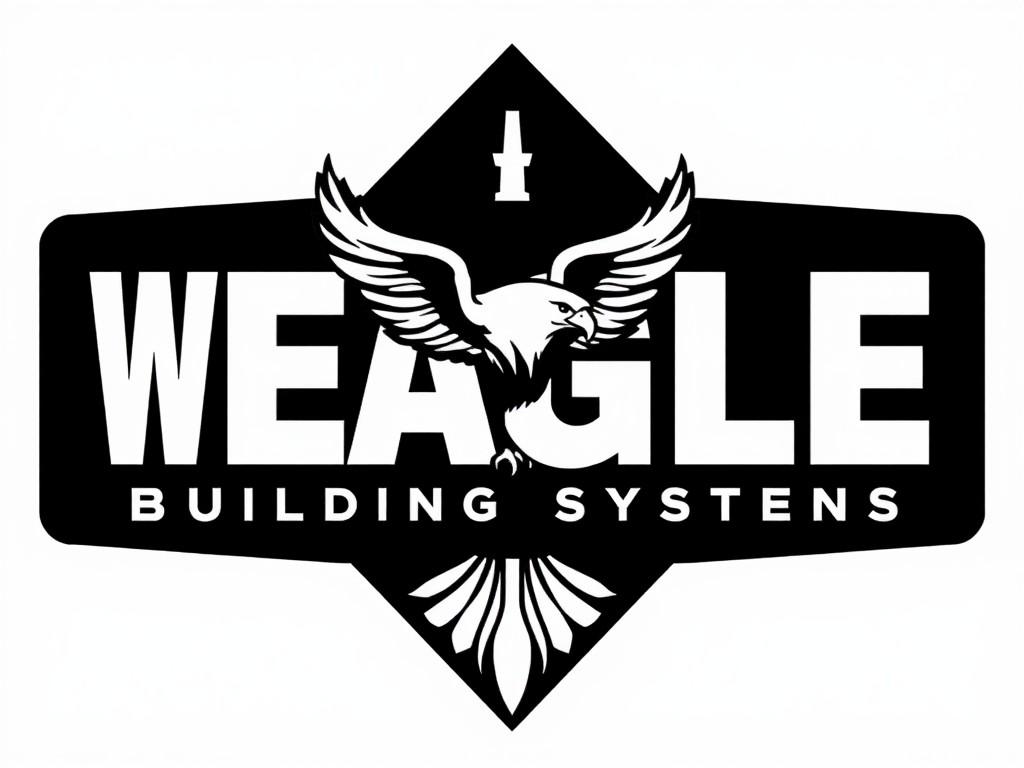Unlocking Supply Chain Transparency: A Guide for UK Businesses to Harness Blockchain Technology
In the modern business landscape, transparency and efficiency in supply chains are no longer mere aspirations but critical necessities. With the advent of blockchain technology, UK businesses have a powerful tool to revolutionize their supply chain management, ensuring greater transparency, security, and efficiency. Here’s a comprehensive guide on how to harness this innovative technology.
Understanding Blockchain Technology
Before diving into the specifics of supply chain management, it’s essential to understand what blockchain technology is and how it works. Blockchain is a decentralized, digital ledger that records transactions across a network of computers. This technology ensures that all transactions are transparent, immutable, and secure, thanks to advanced cryptographic methods[1].
Additional reading : Elevate your search rankings with a premier seo agency new york
Key Benefits of Blockchain
- Enhanced Transparency: Every transaction on the blockchain is recorded and visible to all participants, fostering an environment of trust and transparency.
- Improved Security: The decentralized and immutable nature of blockchain ensures that data cannot be altered or tampered with once it’s recorded.
- Increased Efficiency: Blockchain automates many processes, reducing the need for intermediaries and speeding up transaction times.
- Cost Savings: By streamlining processes and reducing the need for intermediaries, blockchain can lead to significant cost savings[2].
Applying Blockchain to Supply Chain Management
Supply chains are complex networks involving multiple stakeholders, from suppliers to manufacturers to consumers. Here’s how blockchain can be applied to enhance supply chain transparency and efficiency.
Real-Time Tracking and Traceability
One of the standout features of blockchain in supply chain management is its ability to provide real-time tracking and traceability. By recording every stage of the supply chain on the blockchain, businesses can track the movement of goods from origin to consumer with precision. This is particularly beneficial in industries like agriculture and food production, where ensuring the quality and authenticity of products is crucial[3].
Also to read : Unlocking Success: Innovative Strategies for UK Businesses to Harness Open Innovation
### Example: UK Agricultural Cooperatives
- A dairy cooperative in the UK used blockchain to track milk from farm to consumer, ensuring quality and authenticity.
- Grain cooperatives have also adopted blockchain to record every stage of grain production and distribution, guaranteeing the quality and origin of their products.
Smart Contracts for Automated Processes
Smart contracts are self-executing contracts with terms and conditions written into code. These contracts can automate various processes in the supply chain, such as payment releases upon delivery or quality checks. This reduces manual intervention, minimizes errors, and increases efficiency[1].
### Example: Automated Payment Releases
- A manufacturing company can set up a smart contract that automatically releases payment to a supplier once the goods are delivered and verified.
- This ensures timely payments and reduces the risk of disputes.
Overcoming Challenges in Supply Chain Transparency
While blockchain offers numerous benefits, there are also challenges that businesses need to address when implementing this technology.
Complexity and Standardization
Supply chains involve numerous stakeholders and processes, making standardization a significant challenge. Implementing blockchain requires integrating it with existing systems, which can be complex. However, this integration is crucial for maximizing the benefits of blockchain technology[4].
### Key Steps to Overcome Complexity:
- **Integrate Blockchain with Existing Systems**: Ensure that blockchain solutions are seamlessly integrated with current operational systems.
- **Establish Industry-Wide Standards**: Collaborate with other stakeholders to establish common standards for data sharing and communication.
- **Training and Education**: Train staff to understand and manage blockchain systems effectively.
Regulatory Compliance
Regulatory compliance is another critical aspect to consider. Blockchain technology must comply with various regulations, such as data protection laws and industry-specific standards. Ensuring compliance not only avoids legal repercussions but also builds trust among stakeholders[2].
### Regulatory Compliance Checklist:
- **Data Protection**: Ensure that blockchain solutions comply with data protection regulations such as GDPR.
- **Industry Standards**: Adhere to industry-specific standards and regulations, such as those in the healthcare or finance sectors.
- **Regular Audits**: Conduct regular audits to maintain high standards and ensure consistent compliance.
Practical Insights and Actionable Advice
For UK businesses looking to harness blockchain technology for supply chain transparency, here are some practical insights and actionable advice.
Start Small and Scale Up
Implementing blockchain technology does not have to be a massive undertaking. Start with a small pilot project to test the waters and then scale up as needed.
### Example: Manchester’s Tech Startups
- Several tech startups in Manchester have successfully implemented blockchain solutions starting with small-scale projects.
- These startups have seen significant improvements in data integrity, trust among users, and operational efficiency.
Collaborate with Experts
Collaborating with blockchain experts and technology providers can offer tailored solutions and technical support, ensuring a smooth transition.
### Benefits of Collaboration:
- **Tailored Solutions**: Get solutions that are specifically designed for your business needs.
- **Technical Support**: Receive ongoing support to address any technical issues that arise.
- **Best Practices**: Gain insights into best practices and strategies for effective blockchain integration.
Case Studies: Real-World Applications
Let’s look at some real-world applications of blockchain in supply chain management to understand its practical implications.
Fintech and Healthcare
In Manchester, fintech and healthcare startups have been at the forefront of blockchain adoption. For instance, a fintech startup used blockchain to secure its transaction processes, resulting in a marked reduction in fraudulent activities. A healthcare startup created a secure platform for managing patient data, ensuring compliance with data protection regulations[2].
### Case Study: Fintech Startup
- **Implementation**: The fintech startup integrated blockchain to secure its transaction processes.
- **Outcome**: There was a significant reduction in fraudulent activities, enhancing trust and security.
Agricultural Cooperatives
In the UK agricultural sector, cooperatives have adopted blockchain to improve traceability and transparency. For example, a dairy cooperative used blockchain to track milk from farm to consumer, boosting consumer trust and streamlining supply chain management[3].
### Case Study: Dairy Cooperative
- **Implementation**: The dairy cooperative implemented blockchain to track milk from farm to consumer.
- **Outcome**: The initiative ensured quality and authenticity, boosting consumer trust and streamlining supply chain management.
and Call to Action
Blockchain technology is not just a trend; it’s a transformative shift in how industries operate. For UK businesses, embracing blockchain can mean enhanced transparency, improved security, and increased efficiency in their supply chains.
Key Takeaways
- Enhanced Transparency: Blockchain provides real-time tracking and traceability.
- Improved Security: Blockchain ensures data integrity and immutability.
- Increased Efficiency: Blockchain automates processes and reduces the need for intermediaries.
- Cost Savings: Blockchain streamlines processes, reducing operational costs.
### Call to Action:
- **Explore Blockchain Solutions**: Start by exploring how blockchain can be integrated into your existing systems.
- **Collaborate with Experts**: Work with blockchain experts to get tailored solutions and technical support.
- **Start Small**: Begin with a small pilot project and scale up as needed.
- **Stay Informed**: Keep up-to-date with the latest developments and best practices in blockchain technology.
By understanding and embracing blockchain technology, UK businesses can position themselves at the forefront of digital transformation, ensuring long-term sustainability and resilience in their supply chains.
Table: Comparing Traditional vs. Blockchain Supply Chain Management
| Feature | Traditional Supply Chain | Blockchain Supply Chain |
|---|---|---|
| Transparency | Limited visibility | Real-time tracking and traceability |
| Security | Vulnerable to tampering | Immutable and secure data |
| Efficiency | Manual processes, intermediaries | Automated processes, reduced intermediaries |
| Cost | High transaction fees, complex processes | Lower transaction fees, streamlined processes |
| Regulatory Compliance | Challenging to ensure compliance | Ensures compliance with data protection regulations |
| Scalability | Difficult to scale globally | Easily scalable for global operations |
Quotes from Industry Experts
- “Blockchain technology has been a game-changer for our supply chain. It has enhanced transparency, reduced costs, and improved trust among our stakeholders.” – CEO, UK Agricultural Cooperative
- “The use of blockchain in our fintech startup has significantly reduced fraudulent activities and improved the security of our transactions.” – CTO, Manchester Fintech Startup
- “Blockchain is not just a tool; it’s a transformative technology that can revolutionize how we manage our supply chains, ensuring efficiency, transparency, and security.” – Blockchain Expert
By leveraging blockchain technology, UK businesses can unlock new growth opportunities, stay competitive, and ensure they are well-positioned for the future. The journey to full blockchain adoption may require proactive engagement and commitment, but the benefits are well worth the effort.











